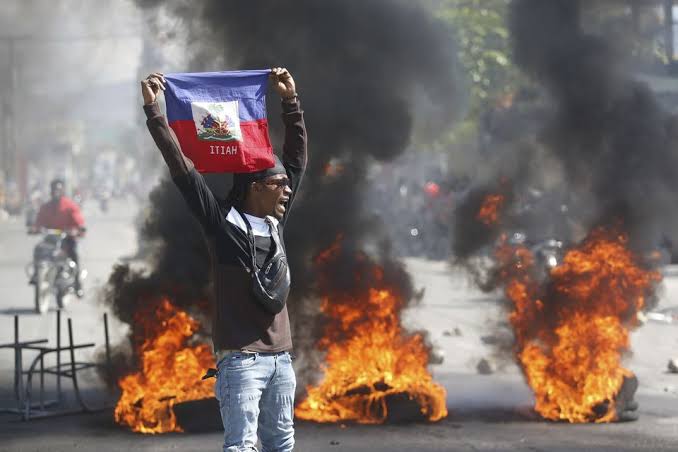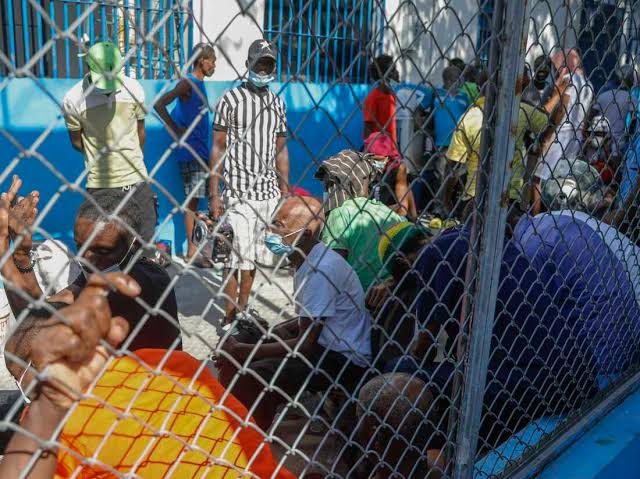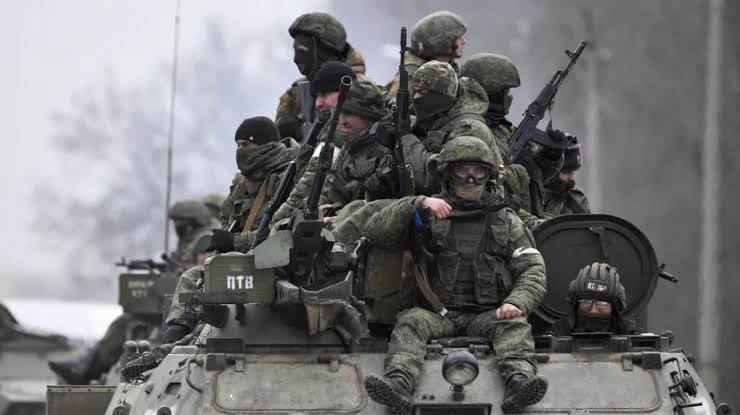
Faith Nyasuguta
Haiti plunged into chaos over the weekend, prompting the government to declare a state of emergency and implement a nighttime curfew in a desperate attempt to regain control of the streets.
The eruption of violence reached unprecedented levels as armed gang members stormed the nation’s largest prisons, resulting in a massive jailbreak and a surge of coordinated attacks on state institutions in the capital, Port-au-Prince.
The government swiftly enacted a 72-hour state of emergency to address the escalating crisis. Finance Minister Patrick Boivert, serving as acting prime minister in the absence of Prime Minister Ariel Henry, declared that the police were authorized to employ all legal means to enforce the curfew and apprehend offenders.
Henry had traveled abroad to garner support for a UN-backed security force aimed at stabilizing the country amidst rising threats from powerful criminal groups.
The weekend marked a harrowing low in Haiti’s ongoing descent into violence. At least nine lives were lost since Thursday, including four police officers, as gangs intensified their attacks on various state institutions.
Targets ranged from police stations and the international airport to the national soccer stadium. However, the siege on the National Penitentiary on Saturday night, resulting in the escape of nearly all 4,000 inmates, shocked even a populace accustomed to persistent violence.
In the aftermath of the prison break, the facility, usually overcrowded, stood eerily empty on Sunday. Guards were conspicuously absent, and remnants of chaos, including scattered clothing and furniture, filled the concrete patio. The rare sight of three bodies with gunshot wounds near the prison entrance added to the grim aftermath.
While most inmates fled during the jailbreak, 18 former Colombian soldiers accused of involvement in the July 2021 assassination of Haitian President Jovenel Moïse chose to remain. Amidst the chaos, some of the Colombians recorded a video pleading for their lives, claiming indiscriminate violence within the cells.
The violence extended to other neighborhoods, with reports of widespread gunfire. A second prison in Port-au-Prince housing around 1,400 inmates also fell victim to the chaos.
Gang members occupied and vandalized the national soccer stadium, holding an employee hostage for hours. Additionally, internet services were disrupted as a major mobile network reported damage to a fiber optic cable during the rampage.
In the absence of official information, family members of inmates rushed to the prison, desperately seeking any sign of their loved ones. The uncertainty and anguish were palpable, with one family member expressing concern for her son’s well-being.

This surge in violence is part of a broader trend where gangs coordinate attacks on state institutions, targeting even high-profile locations like the Central Bank.
Over the past two weeks, several such attacks have unfolded, leading to increased concerns about the deteriorating security situation in Haiti. The gangs, estimated to control up to 80% of Port-au-Prince, routinely overwhelm and outgun the under-resourced National Police.
The chaos has prompted the U.S. Embassy to suspend official travel to Haiti, urging American citizens to leave as soon as possible. The embassy also canceled consular appointments until Thursday.
The situation remains critical, with the epicenter of the violence focused on the National Penitentiary, highlighting the urgent need for comprehensive and effective measures to restore order and security in Haiti.
RELATED:




